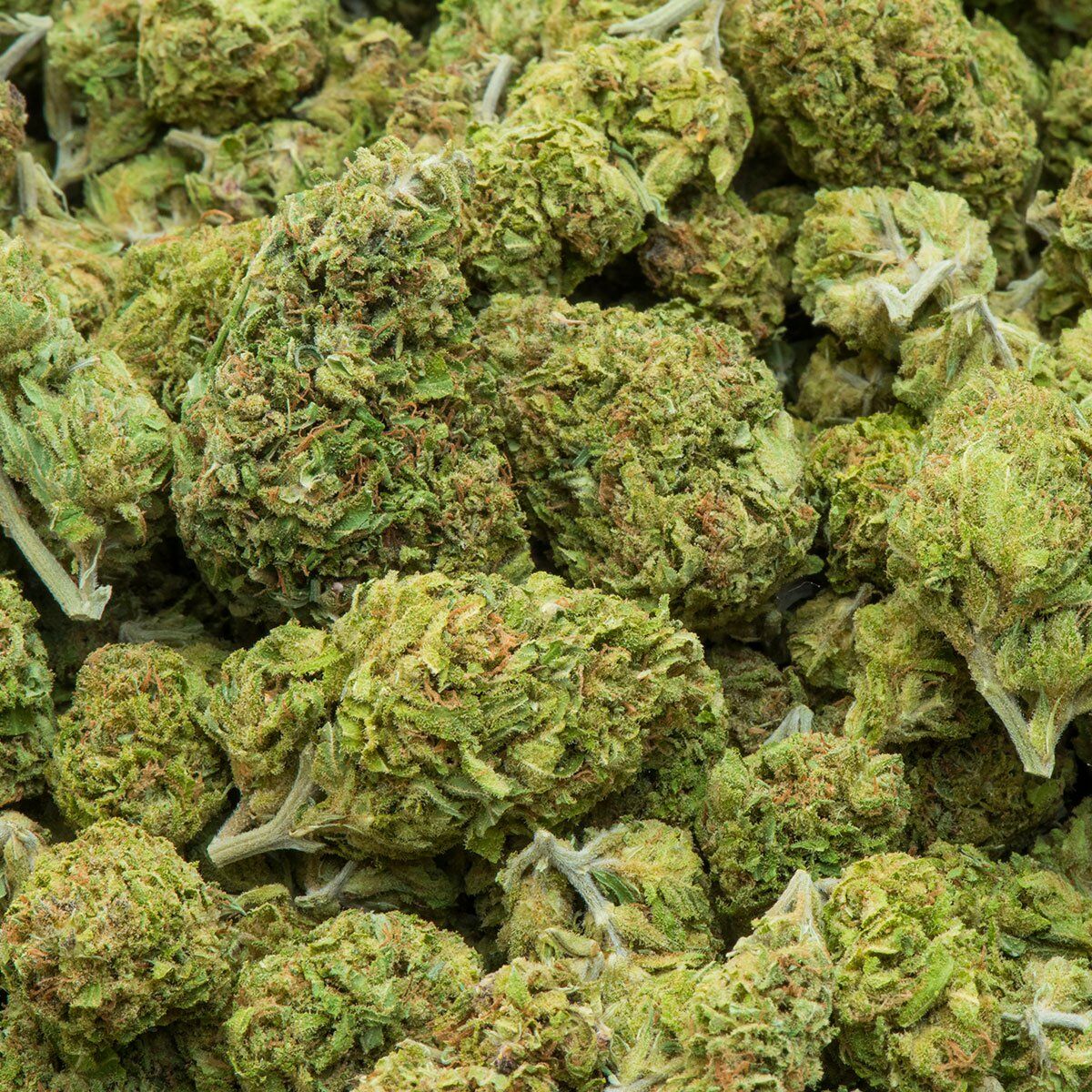Thailand faces cannabis reclassification deadline

The Government of Thailand faces a rapidly approaching reclassification deadline set by cannabis advocacy groups.
Cannabis Future Network, a prominent pro-cannabis group, stated last week that whether the Public Health Ministry intends to fully or partially reclassify cannabis, the decision must be backed by scientific evidence. The group has given the government 15 days to substantiate its stance.
Reclassifying cannabis is part of Prime Minister Srettha Thavisin’s administration’s aggressive crackdown on drugs, but this move has ignited protests from cannabis advocacy groups, including dispensary owners. These stakeholders had strongly supported the previous government’s decision to decriminalise cannabis.
The administration’s reversal could jeopardise plans to promote cannabis as a new cash crop and develop value-added products, leading to uncertainty for cannabis enterprises in Thailand.
Critics and observers have pointed out a lack of clear regulations governing cannabis usage, along with social problems that have emerged since the 2022 decriminalisation.
Cannabis entrepreneurs are deeply concerned about the policy flip-flop, as it prevents them from developing business plans, said Sittichai Daengprasert, chairman of the Herbal Industry Club under the Federation of Thai Industries (FTI).
“If the government wants to back off from developing the cannabis industry, it should clearly show this stance. Many cannabis enterprises are on the verge of going bankrupt. They don’t know whether to sell cannabis oil extraction plants or continue to operate their plantations. There is no indication of a clear state policy.”
Cannabis reclassification
Public Health Minister Somsak Thepsutin indicated that the authorities plan to put cannabis back on the narcotics list by the end of the year, following instructions from PM Srettha. Interior Minister Anutin Charnvirakul added that the plan should be studied and assessed by several health committees before any action is taken.
Anutin, whose Bhumjaithai Party had pushed for cannabis decriminalisation during the previous government’s tenure, stated he would accept the outcome if health committees opt to reclassify the drug.
A clear direction for the government’s cannabis policy is urgently needed as investors hesitate to take action or advance their business plans, including exports, said Sittichai.
Entrepreneurs are urging the authorities to develop separate laws for regulating cannabis and hemp.
The FTI reports there are 10,000 cannabis and hemp farmers, with individual growers and factories investing a total of 25 billion baht. An additional investment of 10 billion baht has gone into developing five large cannabis and hemp oil extraction plants and up to 30 small and mid-sized factories.
If cannabis is reclassified under Thailand’s Narcotics Act, retailers of cannabis products would bear the most significant impact, while growers and entrepreneurs processing flowers from the plants would be somewhat less affected, according to SET-listed Scan Inter (SCN).
Medicinal purposes
SCN, which exports up to 100 kilogrammes of dried cannabis flowers per month for medicinal purposes, believes the policy change will not significantly affect its business, said SCN chief executive Littee Kitpipit.
“I expect the government will no longer issue new licences to entrepreneurs who want to enter the cannabis market. Revoking existing licences would be difficult as it would require substantial compensation.
“Cannabis product retailers in Bangkok and Pattaya who own stand-alone shops or run shops inside department stores would be severely affected by the reclassification. They are gripped with fear over an uncertain future and have been discouraged from expanding their businesses.”
The cannabis market’s growth has remained flat following a report last year suggesting a change in the government’s policy.
Sopacha Dhumrongpiyawut, chairperson of SET-listed Gunkul Engineering, which diversified into the cannabis and hemp business in 2021, echoed Littee’s thoughts, noting that cannabis product retailers might have to close their businesses due to the policy change.
However, Sopacha expects Gunkul to continue earning from its cannabis and hemp business, projecting revenue to reach 100 million baht this year, up from 4 million last year. The company earned 10 million baht in the first quarter of this year.
Cannabidiol oil
Gunkul cultivates cannabis plants and sells the extracted cannabidiol oil (CBD) to businesses that infuse it into medicines, foods, and cosmetics.
Entrepreneurs see potential in CBD for developing medicines to treat various ailments. Gunkul had announced plans to invest nearly 2 billion baht to turn 200 rai on its wind farm in Nakhon Ratchasima into a cannabis plantation and production facility with a projected capacity of 1.1 tonnes of cannabis per day. However, the company has suspended further investment pending government policy clarity.
Littee wants to see how the government will regulate cannabis as a narcotic after the Thai prime minister hinted that cannabis might continue to be allowed strictly for medical purposes.
Building a “cannabis economy” in Thailand is unlikely unless the country becomes a cannabis production hub, taking advantage of low manufacturing costs, said Littee.
Sanga Ruangwattanakul, president of the Khao San Road Business Association, expressed disappointment over the government’s plan to return cannabis to the narcotics list, noting that Thailand was the first country in Asia to decriminalise it.
If the new regulation leads to cannabis shop closures, it would affect more than 50 vendors on Khao San Road who generate a combined 50 million baht a month, said Sanga.
Partial legalisation
Sanganoted that Germany’s recent partial legalisation of cannabis possession for personal use signals that European countries might become more liberal regarding the drug in the future.
Sanga argued that reclassifying cannabis as a narcotic could drive the business underground, potentially increasing the risk of organised crime.
He urged the government to pass legislation controlling cannabis usage rather than returning it to the narcotics list, suggesting that stricter regulation should wait until the tourism industry fully recovers.
Representatives from the tourism and cannabis sectors plan to meet soon to express their views on the government’s latest actions.
Despite promising benefits from new CBD-based products, critics are concerned about the negative economic and social aspects of cannabis.
Montri Yiamsung-noen, president of the Rak Kan community enterprise network in Nakhon Ratchasima, supports the government’s new stance, noting that over 90% of the farmland owned by the 435 farmers in the network now sits idle after the price of cannabis plummeted.
Health impacts
A source from a similar community enterprise group in Sakon Nakhon agreed, noting that prices for dried leaves have dramatically dropped, leading to unsold stock.
Concerns about social and health impacts have been raised since cannabis was removed from the category 5 list on June 9, 2022. The Centre of Addiction Studies found that the number of people under 20 using cannabis recreationally had doubled within five months of its removal.
The increase has led to discussions about the plant’s impact on young people’s physical and psychological health, especially due to Thailand’s lack of regulatory laws, said Dr Ratsamon Kalayasiri, director of the centre.
Dr Chariya Phuditchinnaphat, a child and adolescent psychiatrist, stressed the need for legal mechanisms to ensure manufacturers accurately list psychoactive ingredients in cannabis-infused products to protect consumers.
In October 2022, Siriraj Hospital reported three admissions due to cookies with tetrahydrocannabinol (THC) content exceeding legal limits.
Rangsit University researchers found that THC can curb tumour growth and aim to conduct more studies to explore its potential in combating certain types of cancer.
Latest Thailand News
Follow The Thaiger on Google News:


























